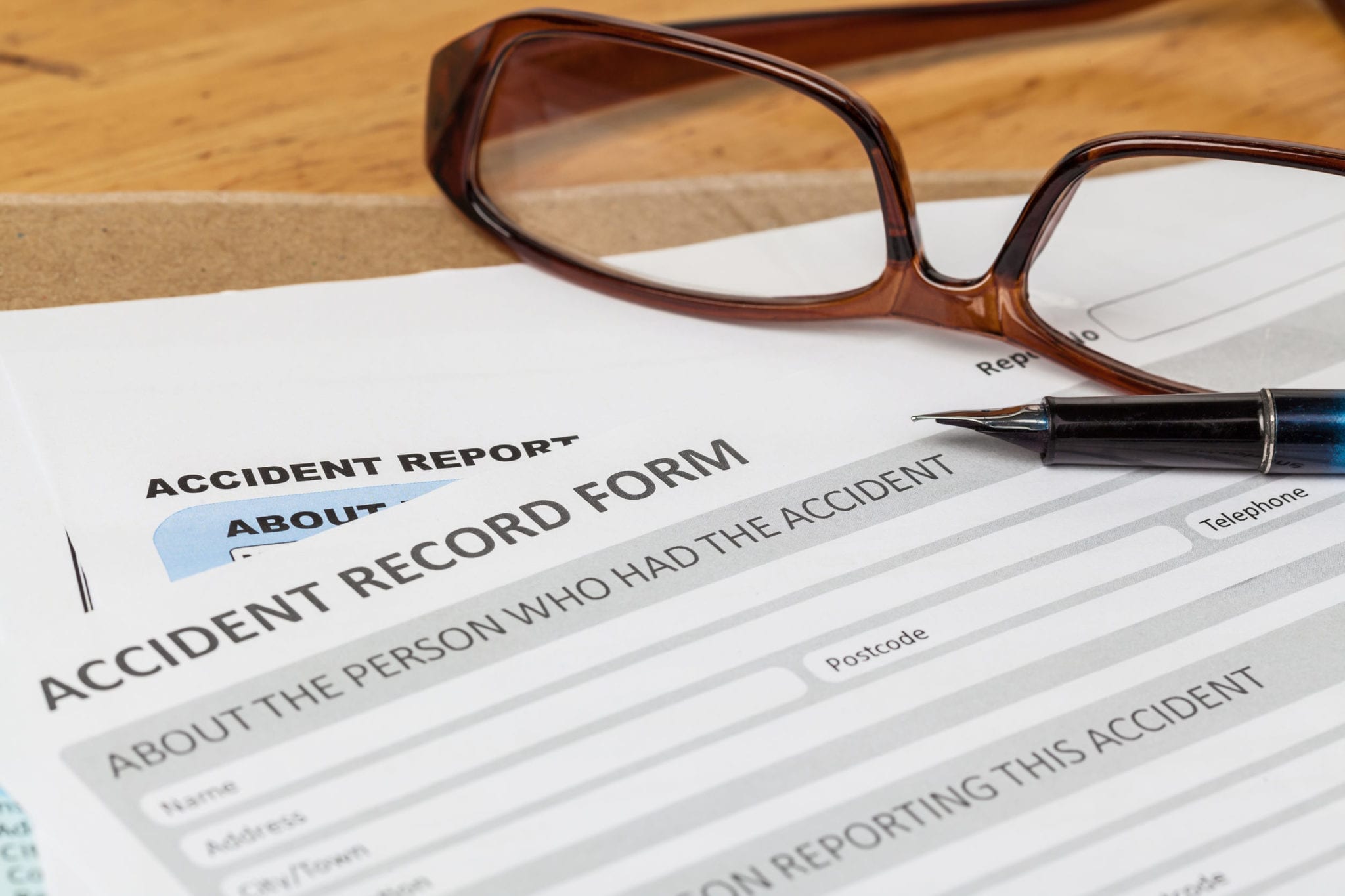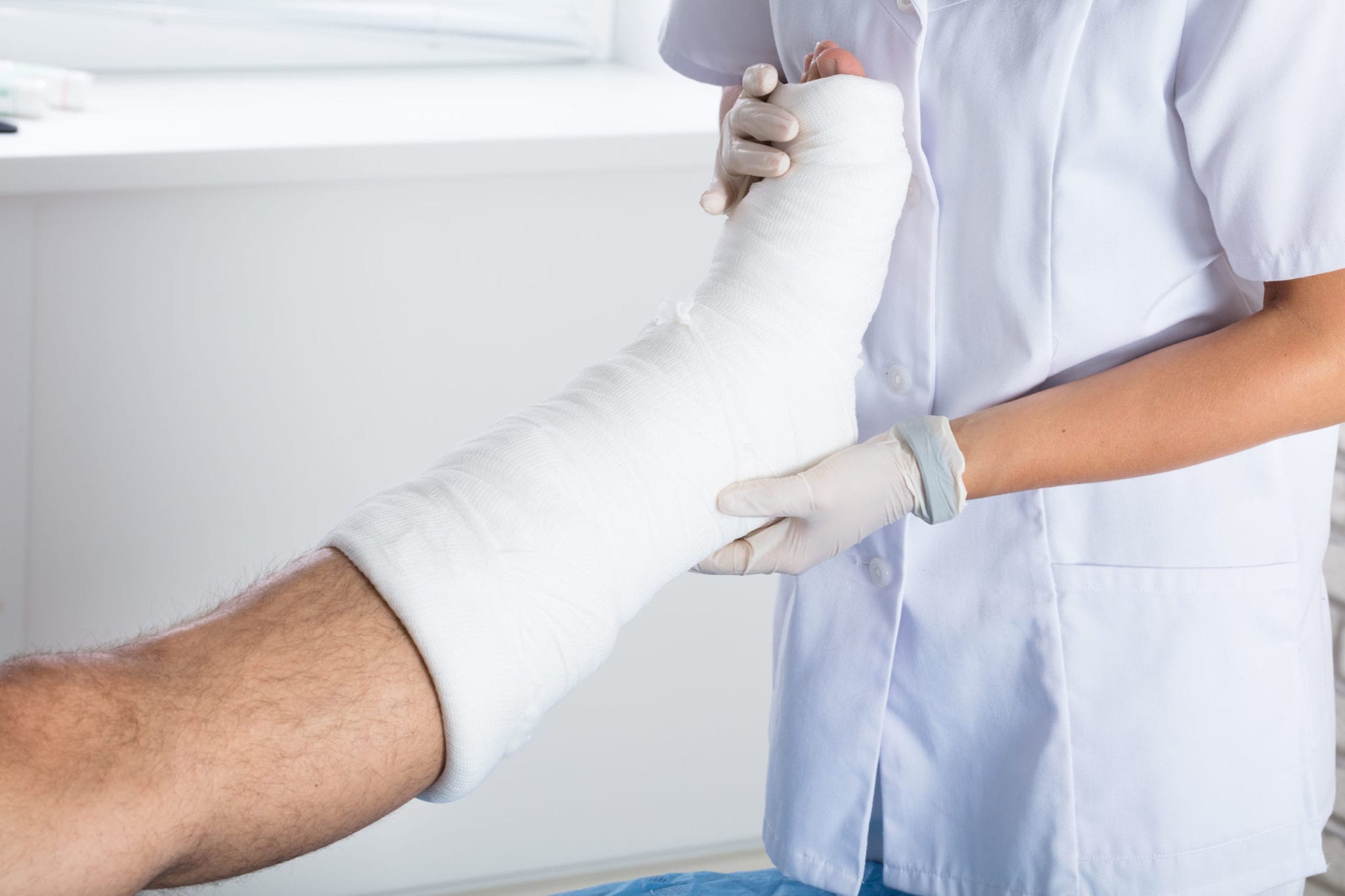Indian Casino Injuries: A Guide for Floridians
If you’ve ever been to a casino in Florida and enjoyed a round of blackjack, you might be surprised to learn that table games are actually illegal in our state. The only place that Florida allows these types of games is on cruise ships.
So, then, how can you walk into the Hard Rock Hotel in Tampa and enjoy blackjack without being arrested?
Because it’s an Indian casino, which means you’re not actually on Florida land when you enter. Great loophole, right?
But being on tribal land also means that you are subject to tribal laws. Great if you want to gamble — not so great if you get injured while there and want to file a claim against the casino.
That’s right. Florida personal injury law is different from tribal personal injury law.
Where Do Tribal Rules Apply in Florida?
Florida is one of the biggest states in the country for gambling on Indian reservations, but there are only a handful of Indian reservations in the state. If you were injured at any of these locations, you might have to file a claim through tribal processes:
- Seminole Casino Brighton
- Seminole Casino Coconut Creek
- Seminole Casino Immokalee
- Seminole Classic Casino
- Seminole Hard Rock Hotel & Casino Hollywood
- Seminole Hard Rock Hotel & Casino Tampa
- Miccosukee Resort & Gaming
When Floridians File a Claim With a Tribe
Here’s how injury law works at Indian casinos. If you are injured on Seminole land, for example, you are subject to Seminole laws. These laws seriously affect your ability to file a lawsuit or a claim after an injury.
While this might seem unfair, remember that the differences between Florida and Seminole law are what gave you the ability to bet in the first place. It’s kind of like reading the fine print when you are presented with a deal. It’s not necessarily good or bad, but you need to know what you’re getting into.
Your first option is to try to file a claim with the specific tribe’s insurance provider. Timing is where one of the first big differences comes in.
When you are injured in our state, you have a specific amount of time to file a claim with insurance to cover damages. Florida law says you can file this claim within a few years of your injury.
Seminole laws, however, are quite different. You only have six months to file a claim to receive compensation.
You can get this claim form by writing to the management of the casino where you were injured. The clock is still ticking once you get the form, though. It has to be turned in within six months if you want the tribe to even look at your claim.
From there, the tribe will handle the situation. This process will be similar to filing a claim in Florida, but not exactly the same. If you have specific questions about this process or you are not sure about next steps, consult a Florida personal injury lawyer who has experience dealing with the Seminole or Miccosukee tribes.
When You Have to File a Lawsuit against a Tribe in Florida
Hopefully you can get the money you need to cover your casino injury by filing a claim with the tribe. Unfortunately, this does not happen every time. If you are unhappy with the result of your claim, you may want to file a lawsuit. This could help you get the money you need, but — again — you need to understand the differences between tribal law and Florida law.
Let’s look at Seminole law specifically.
Sovereign Immunity
In general, the Seminole Tribe has sovereign immunity when it comes to personal injury lawsuits. That means, for example, that in the vast majority of cases you can’t sue a tribe for a slip and fall incident. It just won’t happen.
However, in order to build casinos in Florida, they have made compromises with Florida law that allow some people to file a personal injury suit. Essentially, they have waived their immunity in certain places so they can do business on Florida grounds.
For casinos, this waiver only applies to “an area of the Facility where Covered Games are played.” So, if you were injured at a blackjack table or around a slot machine, you can sue. If you slipped and fell in a bathroom, you can’t.
Other Restrictions
That probably feels like a big restriction on when you can and can’t file a lawsuit, but this isn’t the end of the differences between filing in Florida versus filing for an incident on Seminole land. On their website, for example, the Seminole Hard Rock Hotel and Casino in Hollywood says:
“In no event shall the Tribe be deemed to have waived its immunity from suit beyond the $100,000 for an individual tort claim, inclusive of any derivative or spousal claim related thereto and $200,000 for the tort claim of all persons or entities claiming injury in tort arising out of a single event or occurrence. There shall be no separate compensation of a derivative or spousal claim relating to the individual injury.”
These rules may or may not affect your claim depending on the scope of your injuries, but it’s still good to know about the cap and how it may limit you.
Need to File a Claim or a Lawsuit against a Florida Indian Casino? The Sooner the Better
Don’t let the differences between Florida and Seminole law dissuade you from asking for the compensation you need. The sooner you file a claim or a lawsuit, the more time you have to navigate tribal law and get compensation for your injuries.
About the Author:
Andrew Winston is a partner at the personal injury law firm of Winston Law. For over 20 years, he has successfully represented countless people in all kinds of personal injury cases, with a particular focus on child injury, legal malpractice, and premises liability. He has been recognized for excellence in the representation of injured clients by admission to the Million Dollar Advocates Forum, is AV Preeminent Rated by the Martindale-Hubbell Law Directory, enjoys a 10.0 rating by AVVO as a Top Personal Injury Attorney, has been selected as a Florida “SuperLawyer” from 2011-2017 – an honor reserved for the top 5% of lawyers in the state – and was voted to Florida Trend’s ”Legal Elite” and as one of the Top 100 Lawyers in Florida and one of the Top 100 Lawyers in the Miami area for 2015, 2016, and 2017.
 What Happens If You Slip and Fall at Your Florida Workplace?
What Happens If You Slip and Fall at Your Florida Workplace? 


















